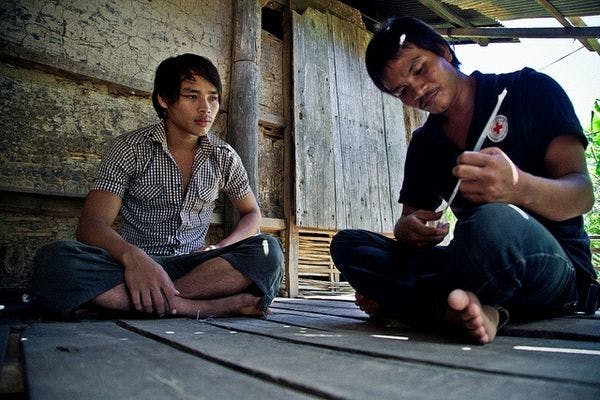La réhabilitation forcée des usagers de drogues en Indonésie n’est pas une solution
Cette approche coercitive promue par le gouvernement indonésien met en péril les progrès réalisés dans le domaine de la santé par les programmes existants de réduction des risques et est un terrain fertile pour la corruption et les abus. Pour en savoir plus, en anglais, veuillez lire les informations ci-dessous.
Abonnez-vous à l'Alerte mensuelle de l'IDPC pour recevoir des informations relatives à la politique des drogues.
Earlier this year, Indonesia executed 14 people, including Bali Nine duo Andrew Chan and Myuran Sukumaran, for drug offences. President Joko Widodo portrayed the executions as the ultimate weapon in an expansive “war on drugs” deployed to protect the country’s young generation from an alleged “national drug emergency”.
But his policy is harming the very people he claims he wishes to protect.
A problematic approach
Widodo’s tough approach does not only apply to drug traffickers. The Indonesian government, through its anti-drug agency, the National Narcotics Board (BNN), is pushing compulsory treatment for people with drug dependence. This coercive approach is jeopardising health gains made by existing harm reduction programs and is fertile ground for corruption and abuse.
Click here to read the full article.
Keep up-to-date with drug policy developments by subscribing to the IDPC Monthly Alert.
